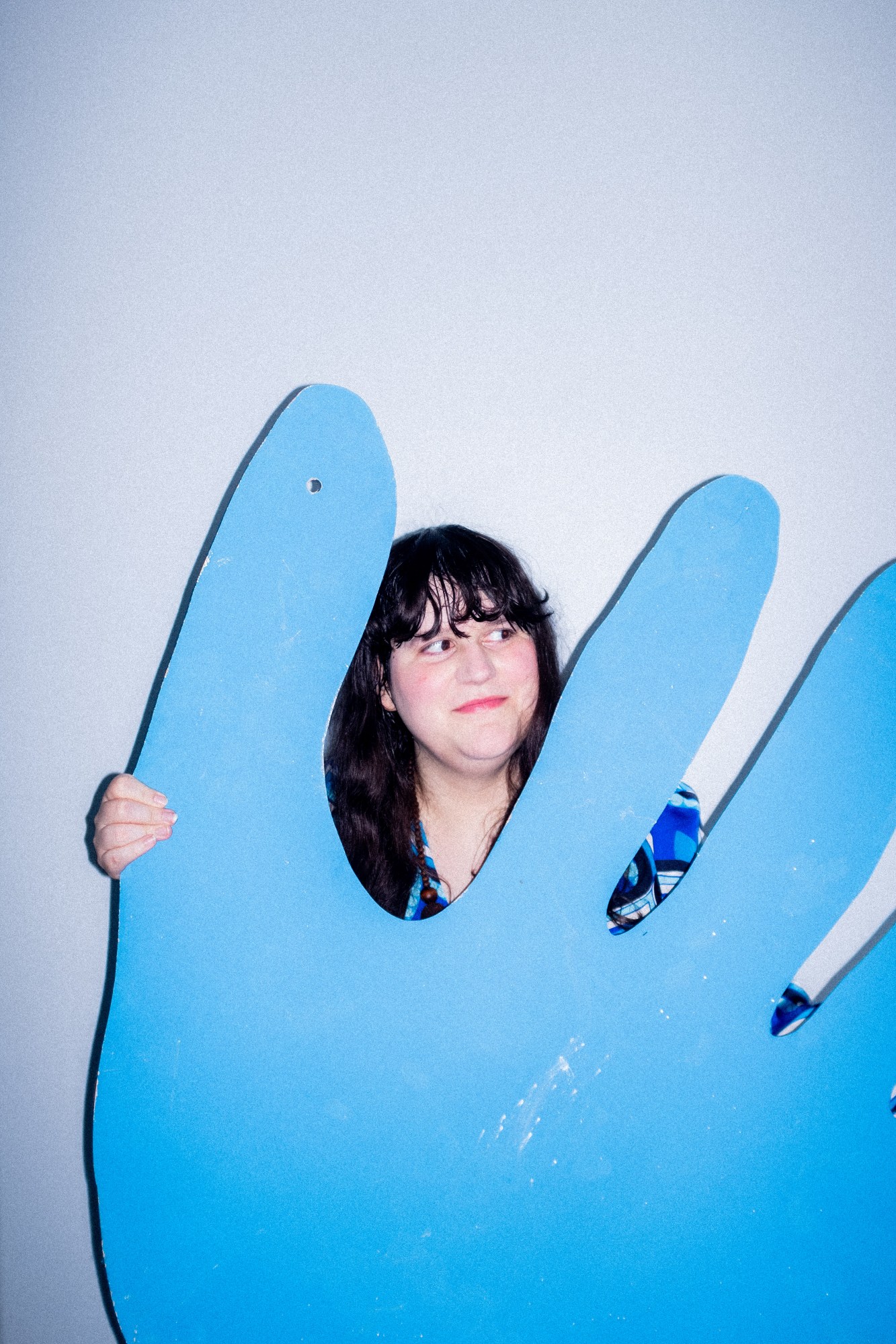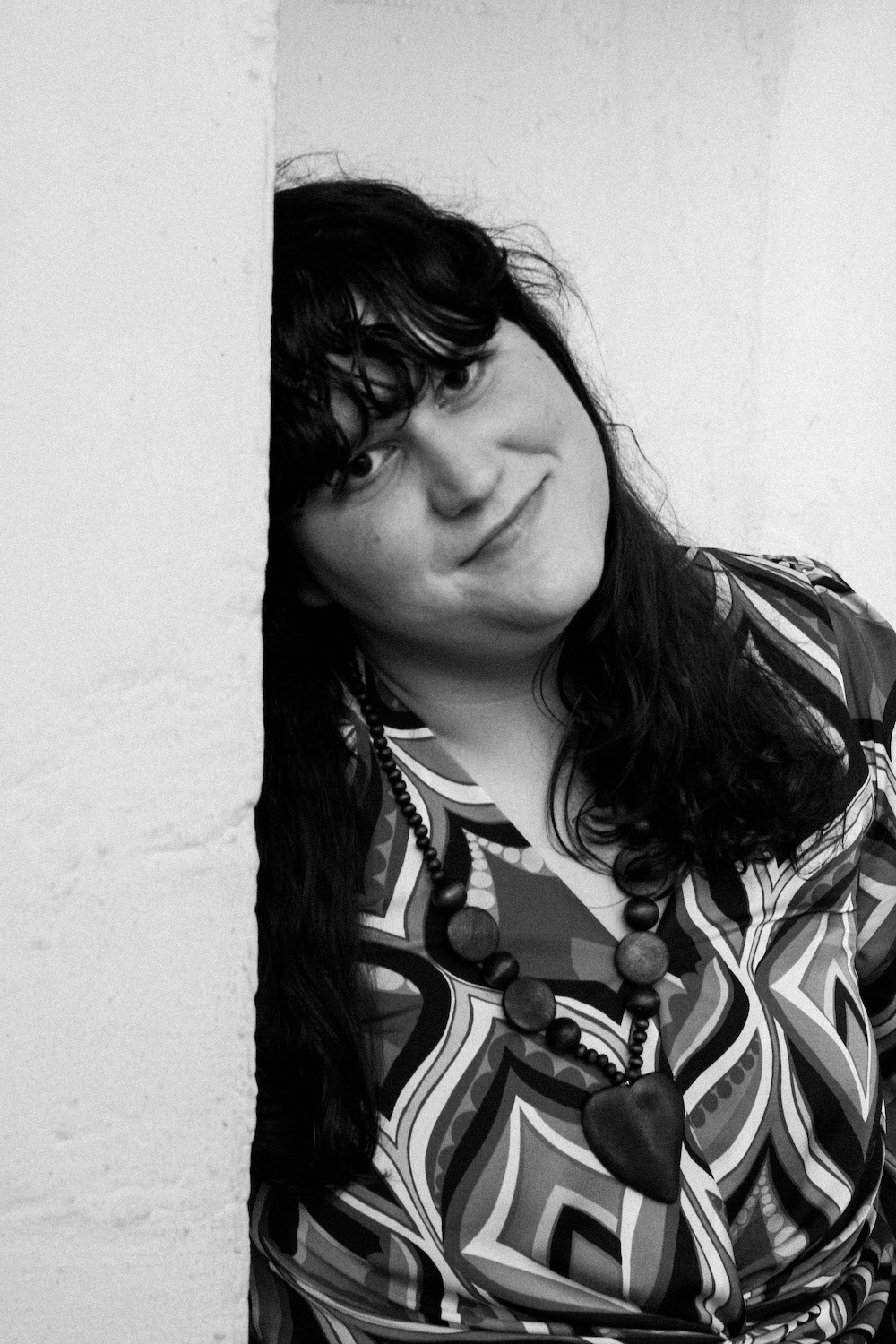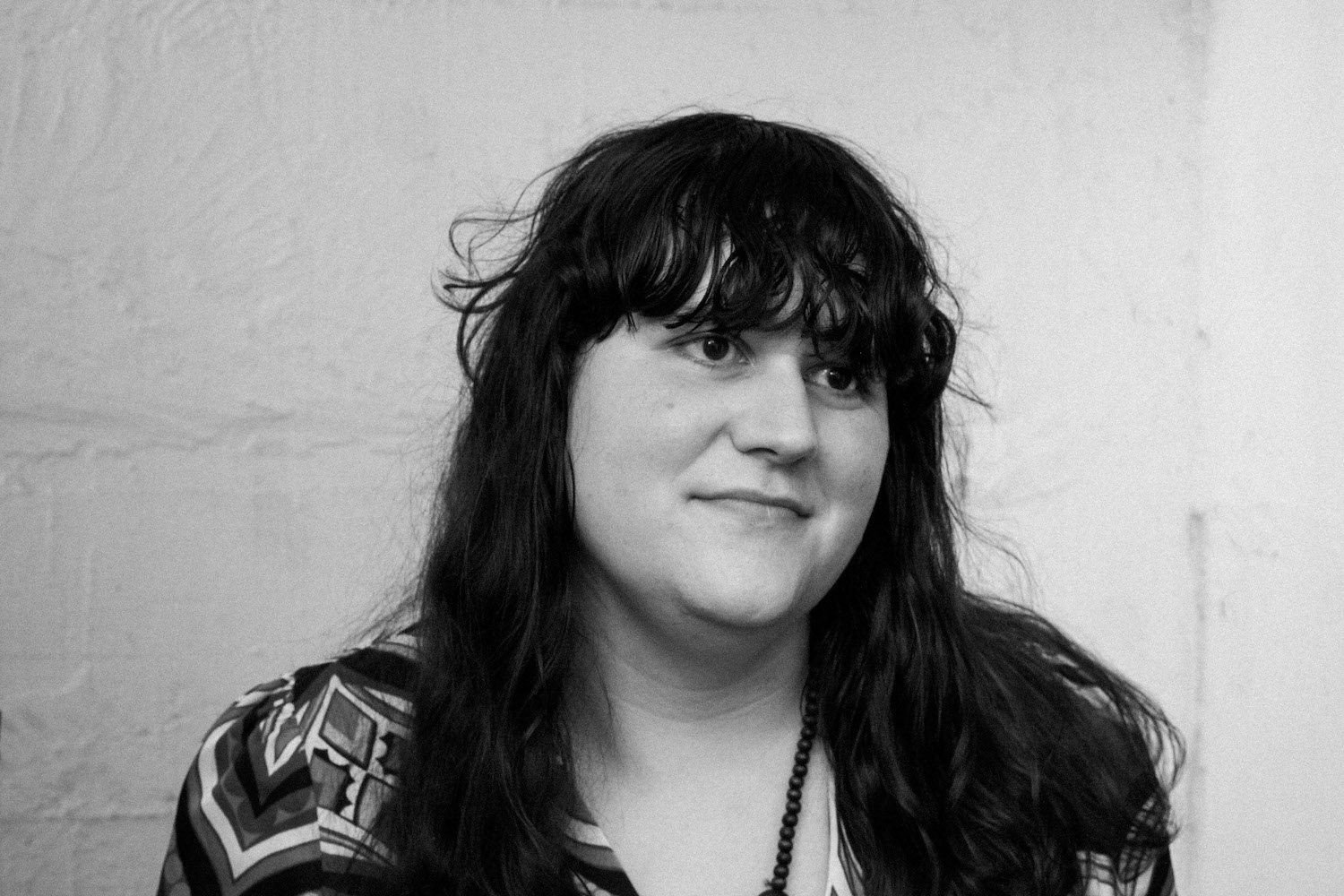Soula Emmanuel didn’t want to write a trans memoir. “[They’re] often an attempt by people to justify their own lives and the decisions they’ve made,” the author says. “Frankly, most people’s lives aren’t that interesting.”
It is a characteristically damp Dublin day when I meet with Soula in The Liberties, an area of the city that was once an infamous slum but has been gentrified, all independent coffee shops and artists’ studios. There are many trans Irish writers but none, to the best of my research, have published a novel. Is hers, titled Wild Geese, the first Irish trans novel? Soula looks almost embarrassed. Out of the side of her mouth, she confirms: “I think it might be.”
Trans writing might have skewed towards memoir in the past, but recently, there’s been a surge in trans fiction. Writers such as Torrey Peters (Detransition Baby), Imogen Binnie (Nevada), Alison Rumfitt (Tell Me I’m Worthless), and Megan Milks (Margaret and the Mystery of the Missing Body) have rejected the role of memoirist, instead opting to create some of the most original and radical fiction out there today. As Soula puts it: “The skills I felt I built up in denying things to myself probably helped me to become a fiction writer.”
Wild Geese is proof that Soula is the most exciting new voice in Irish writing. It tells the story of Phoebe Forde, a 30-year-old Irish academic who lives in Copenhagen with her dog, Dolly. A couple of years into her transition, she basks in the anonymity of Scandinavian life which, in many ways, is the opposite of her Irish life. There, nobody knows or cares about your business, who your parents are or where you come from. She gets to be anonymous.
That is until Grace Kearney turns up at her door. Phoebe and Grace used to date back when Phoebe still presented as male. In a typically Irish manner, Grace happened to be in Copenhagen so decided to drop in. What follows is a strange weekend in which Phoebe’s past is forced back upon her. She suddenly has to deal with a very physical, if well-meaning, ghost of her “before” life.

Soula was born in Dublin in 1990 to an Irish mother and Greek father, a marriage that she describes as a combination of “Irish wit and Mediterranean histrionics”. Growing up a second-generation immigrant with “a funny surname” brought its challenges in a country that was only just beginning to move on from its theocratic past. “Being of immigrant heritage is a really important part of who I am. But I also feel like you often end up feeling like you always have something to prove in relation to your Irish-ness”.
Wild Geese is, Soula says, “about Irishness in a very big way”. It evokes James Joyce in its tight, hour-by-hour structure; Samuel Beckett in its Godot-esque two-hander cast; even W.B. Yeats with the “wild geese” of its title harking back to his poem “September 1913”. Outside of the world of literature, the novel is peppered with uber-Irish references to figures such as the Teachta Dála (Ireland’s equivalent of an MP) Richard Boyd Barrett and the footballer Stephen Cluxton. And yet, none of the novel is actually set in Ireland.
Being both Irish and of immigrant heritage meant that Soula was able to study Irish society from opposing angles, as both an insider and an outsider. Her childhood trips to Greece helped opened her eyes to the peculiarities of Irish culture. “You go abroad as a child and you realise they don’t have single-sex schools in most others countries and you’re like, ‘Wow’.” Most schools in Ireland are still segregated by sex, something that puts the country at odds with the rest of the world. For Soula, it made her realise just how gendered childhood is in Ireland, and whether the country is really prepared to care for its trans youth.
Ireland is in a bit of a grey area when it comes to trans rights. On the one hand, it was one of the first countries in the world to ratify a gender recognition act in 2015, allowing anyone to legally change their gender through simple self-determination. On the other hand, gender-affirmation surgery is not currently performed anywhere on the island. This leaves trans people with no option but to travel to the UK or Eastern Europe to receive these surgeries, usually at their own expense.
“Healthcare is an absolute nightmare,” Soula says, “and people who don’t follow trans healthcare [in Ireland] don’t get this but there’s so many clinicians and medical professionals at the top of gender clinics who have always been hostile to trans people.”
But Irish people don’t seem to be buying into any anti-trans rhetoric. The anti-trans movement in Ireland has failed to garner much national support. Though, as Soula mentions, there is a lot of schadenfreude in seeing them try: “It is funny to watch TERFs come to Ireland and try to use the same strategies they use in the UK and not really succeed.”
She continues: “Ireland is such a small country and I feel like everyone knows a trans person. I’m actually always amazed when you talk to people and they’re like ‘Oh, I have a family member who has transitioned.’ There also isn’t a divide between the city and the country that you see in the UK because everyone who lives in Dublin has parents down the country.”
What is often framed as a detrimental element to living in Irish society — how close-knit it is, how local it is, how rustic and rural it all is — could be beneficial when it comes to progressive politics. In a society where you know everybody, you truly know everybody. How are you going to be transphobic when it’s likely you know a trans person?
Ireland, a nation of curtain twitchers, have somehow ended up being, at least socially, incredibly progressive. “Yeah,” Soula Emmanuel says. “They’re twitching their curtains [but] waving their trans flags.”
‘Wild Geese’ is published by Footnote Press

Credits
Photography Donal Talbot
Sculpture by Áine Katrina Byrne

